Easy Alphabet Worksheets Activities With Answers for Ages 4-7
6 filtered results
-
From - To
Discover a fun way for young learners to master the alphabet with our "Easy Alphabet Worksheets Activities With Answers for Ages 4-7"! This resource provides engaging worksheets designed to enhance letter recognition, phonetic awareness, and early writing skills. Each activity is tailored for preschool and early grade school children, featuring vibrant graphics and easy instructions that make learning enjoyable. Plus, included answer keys allow parents and educators to facilitate learning effectively. These worksheets not only support literacy development but also encourage creativity and critical thinking. Set your child on the path to reading success with these delightful alphabet activities today!
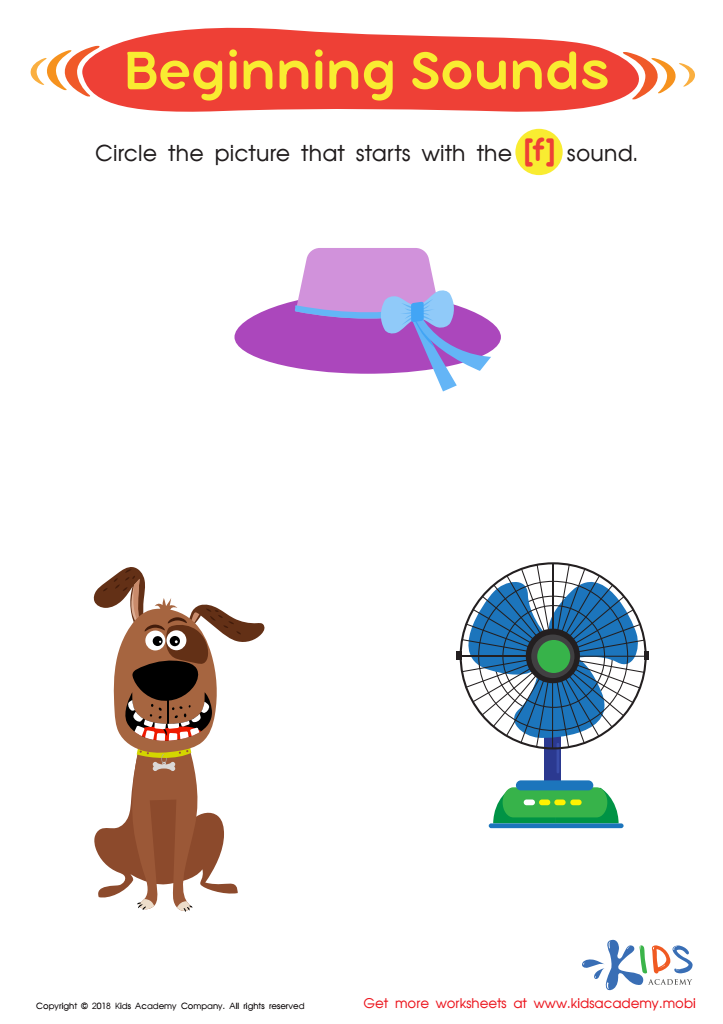

Beginning Sounds Assessment Printable
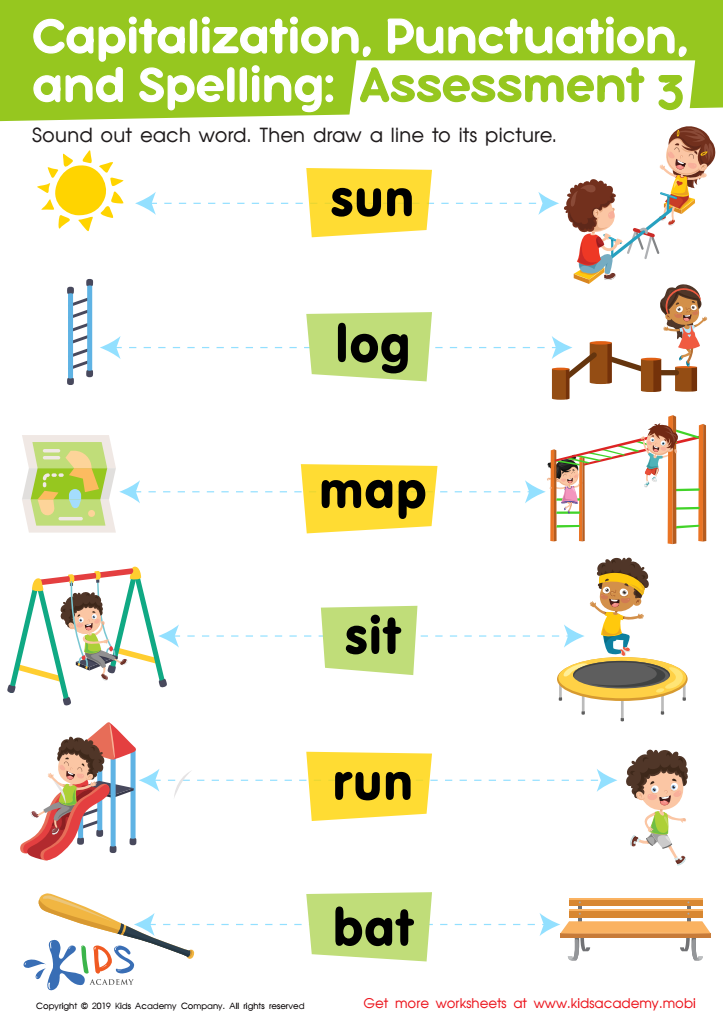

Capitalization. Punctuation. Spelling. Assessment 3 Worksheet
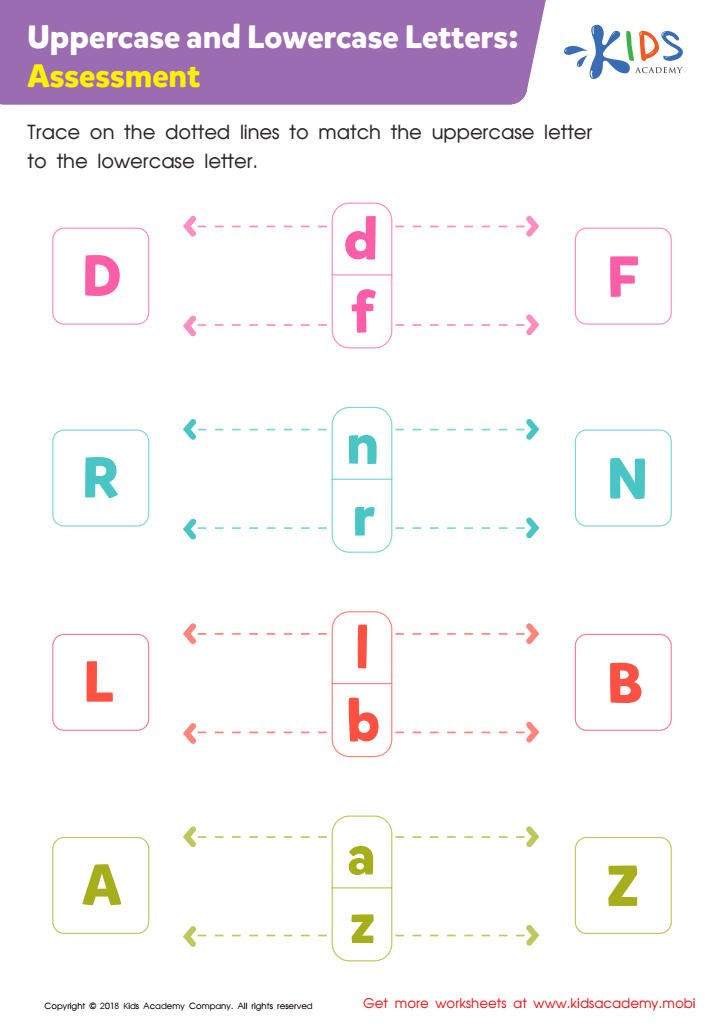

Uppercase and Lowercase Letters: Assessment Worksheet
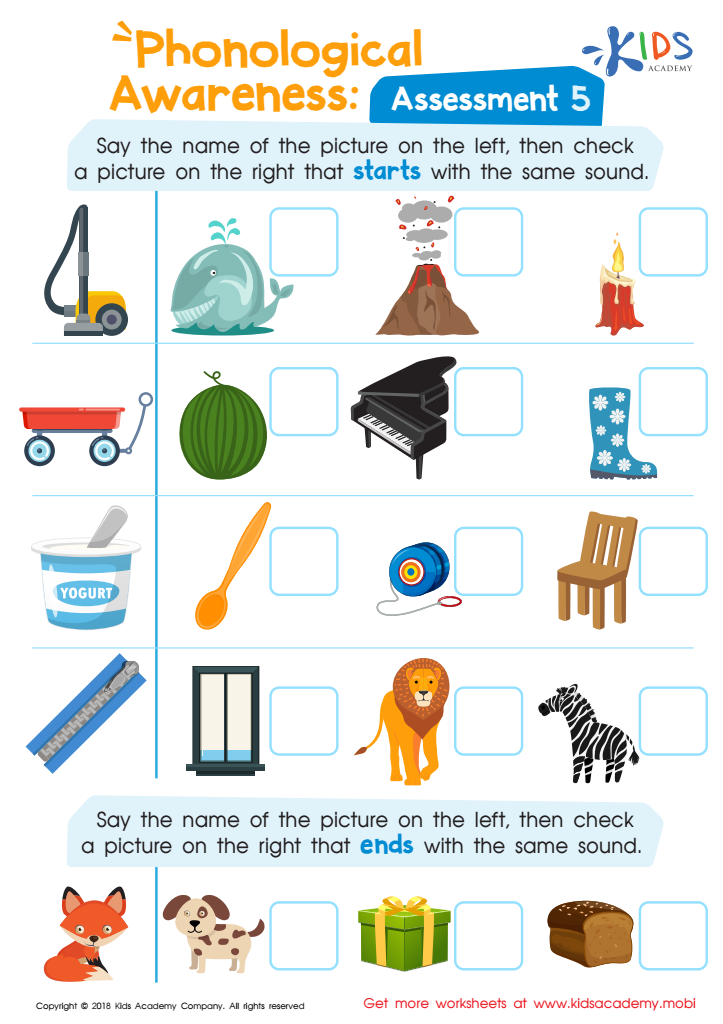

Phonological Awareness: Assessment 5 Worksheet


Phonics and Word Recognition: Assessment 1 Worksheet
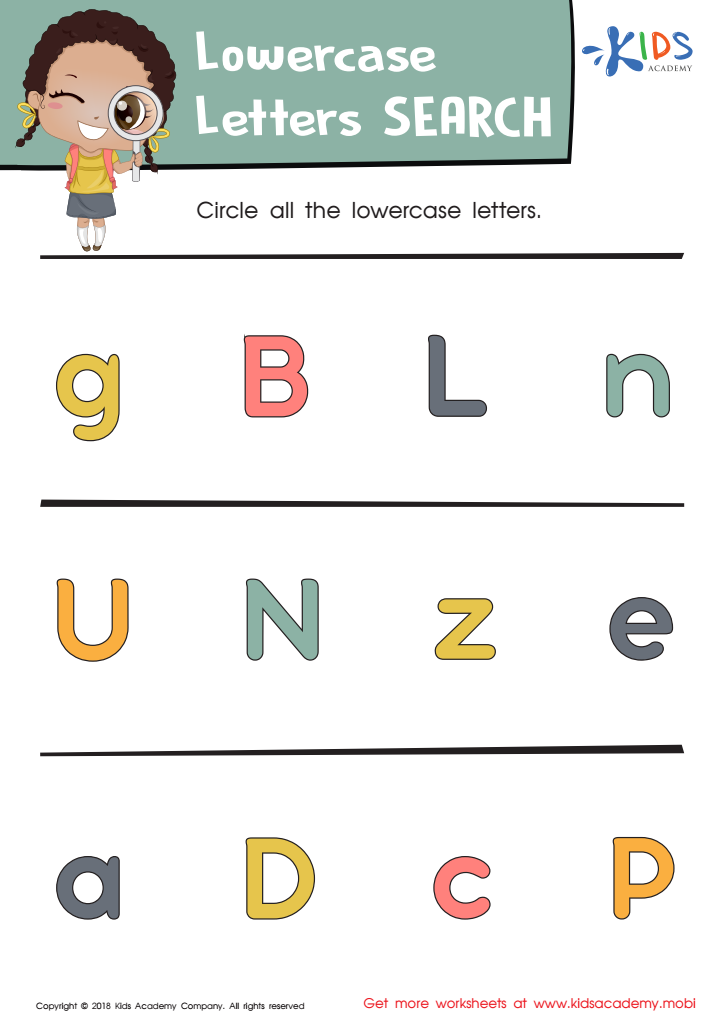

Lowercase Letters Search: Assessment Worksheet
Parents and teachers should care about Easy Alphabet Activities for ages 4-7 because these activities lay the foundational skills necessary for literacy development. At this critical early stage, children are like sponges, eagerly absorbing information. Engaging them in interactive and fun alphabet activities fosters a love for learning and facilitates memory retention.
These activities help children recognize letters, understand their sounds, and begin phonemic awareness, which are essential for reading and writing. Moreover, they cater to various learning styles—visual, auditory, and kinesthetic—ensuring that every child can benefit in a way that resonates with them.
Additionally, Easy Alphabet Activities promote essential cognitive skills such as problem-solving, critical thinking, and fine motor development through hands-on learning processes. Parents and teachers can observe children's progress, giving them insights into individual learning needs and preferences. Using effective answers and guidance reinforces correct understanding and boosts confidence.
Involving families in these activities strengthens the parent-child bond, making learning a shared and enjoyable experience. Ultimately, focusing on these foundational skills sets children on a path to future academic success, making it an investment in their long-term educational journey.
 Assign to My Students
Assign to My Students















